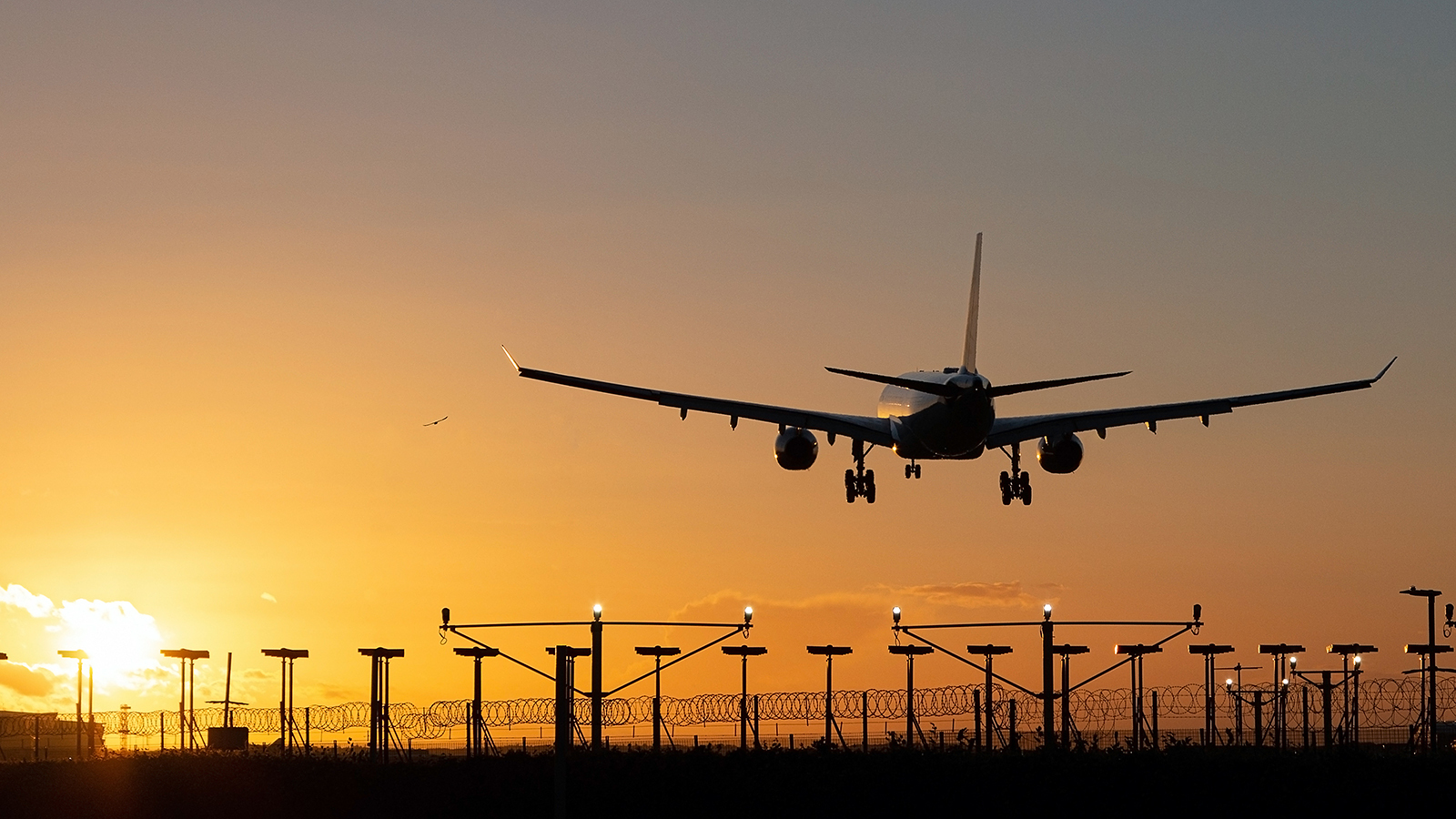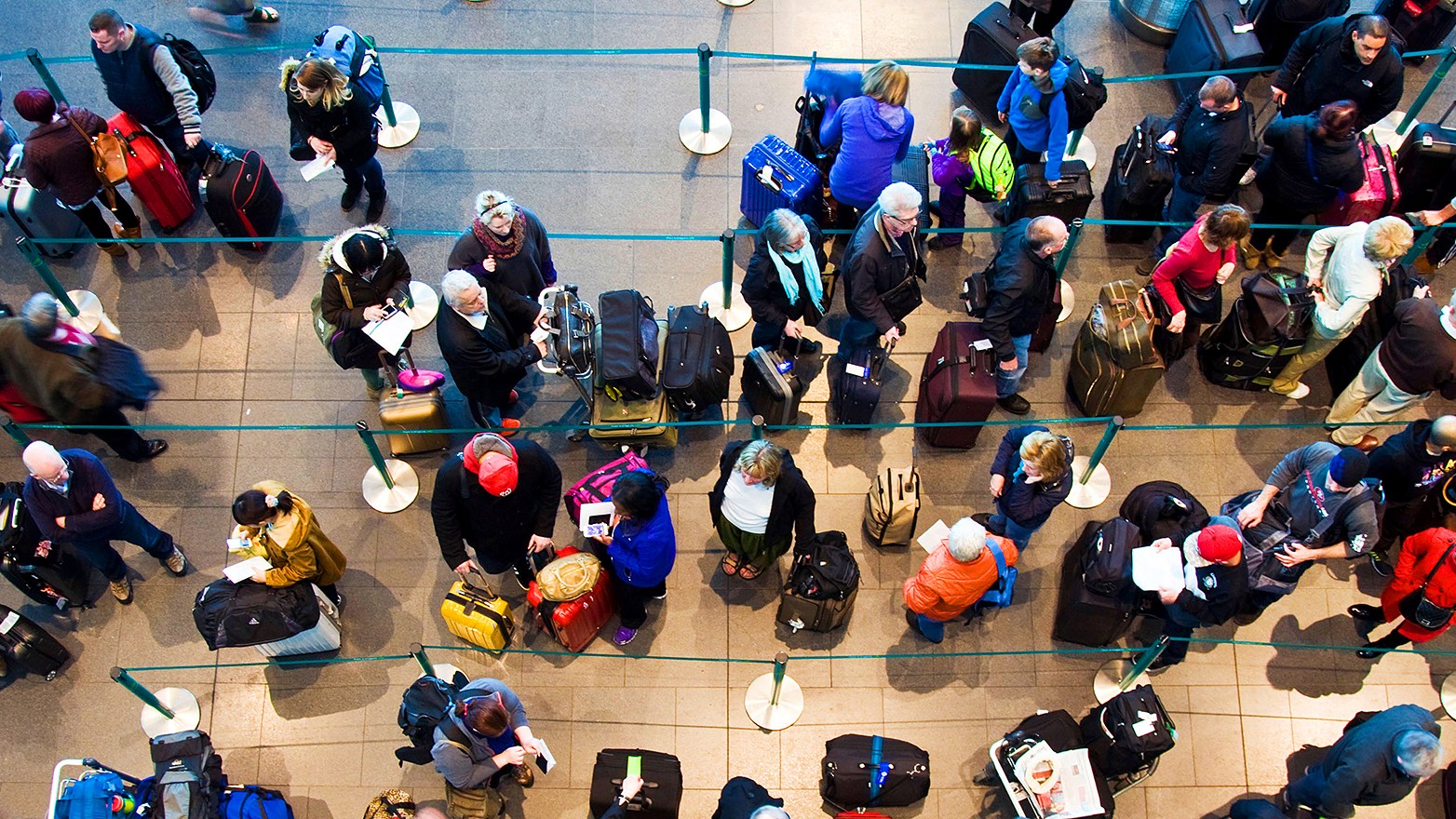The very definition of holiday hell is arriving at the address of the bargain villa you booked online only to discover it doesn’t exist — but sadly this scenario is all too common. Holidaymakers lost more than £12 million to fraud last year, according to Action Fraud, the national reporting centre for fraud and cybercrime, which said victims lost an average of £1,851 each. Lloyds, in a 2024 report, highlighted that holiday purchase scams have risen by seven per cent over the past year with nearly half starting on Facebook. It’s so easy to be bamboozled by the lure of a great deal, but remember: too good to be true prices invariably are. How can you thwart fraudsters’ increasingly sophisticated efforts to get their hands on your money? Here are seven of the biggest scams and how to avoid them.
1. Non-existent holidays

The most frequent travel frauds are clone websites, whether for airlines, villas or holidays. You may think you’re on a trusted site but in fact the URL has been changed and you’re handing over money to scammers. You might even get fake confirmation emails or booking references, which could mean it’s only when you get to the airport that you realise you’ve been ripped off. Slow down, check if it’s a licensed company, look carefully at the website (strange spelling, grammar and formatting are red flags), scour online reviews and never pay by bank transfer: paying by credit card (even if only in part) gives financial protection for sums between £100 and £30,000.
2. Fake Atol licences
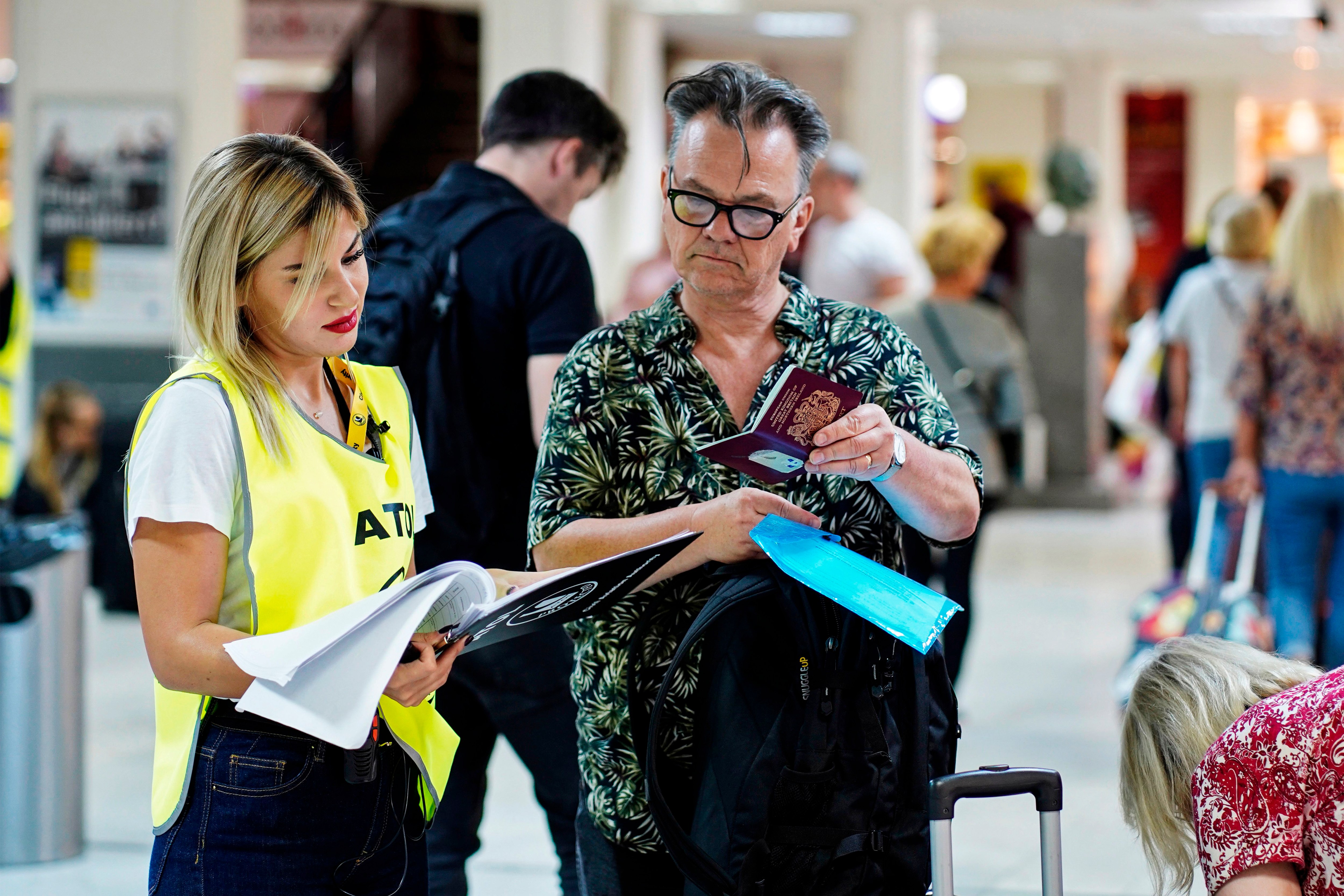
The Atol symbol on a website should be a sure sign that your money is safe if you book a package holiday: if your travel company stops trading while you’re abroad, it means you’ll be refunded, repatriated or reimbursed for the affected parts of your trip, so you’ll never be stranded on the other side of the world. But scammers are using counterfeit Atol numbers, which seem to prove the company has passed regulatory checks, on fake web pages. Always double check that the Atol certificate is genuine at atol.org/check-for-atol. If a company is displaying an Abta logo on its website, check this at abta.com/abta-member-search.
3. Booking.com phishing fraud
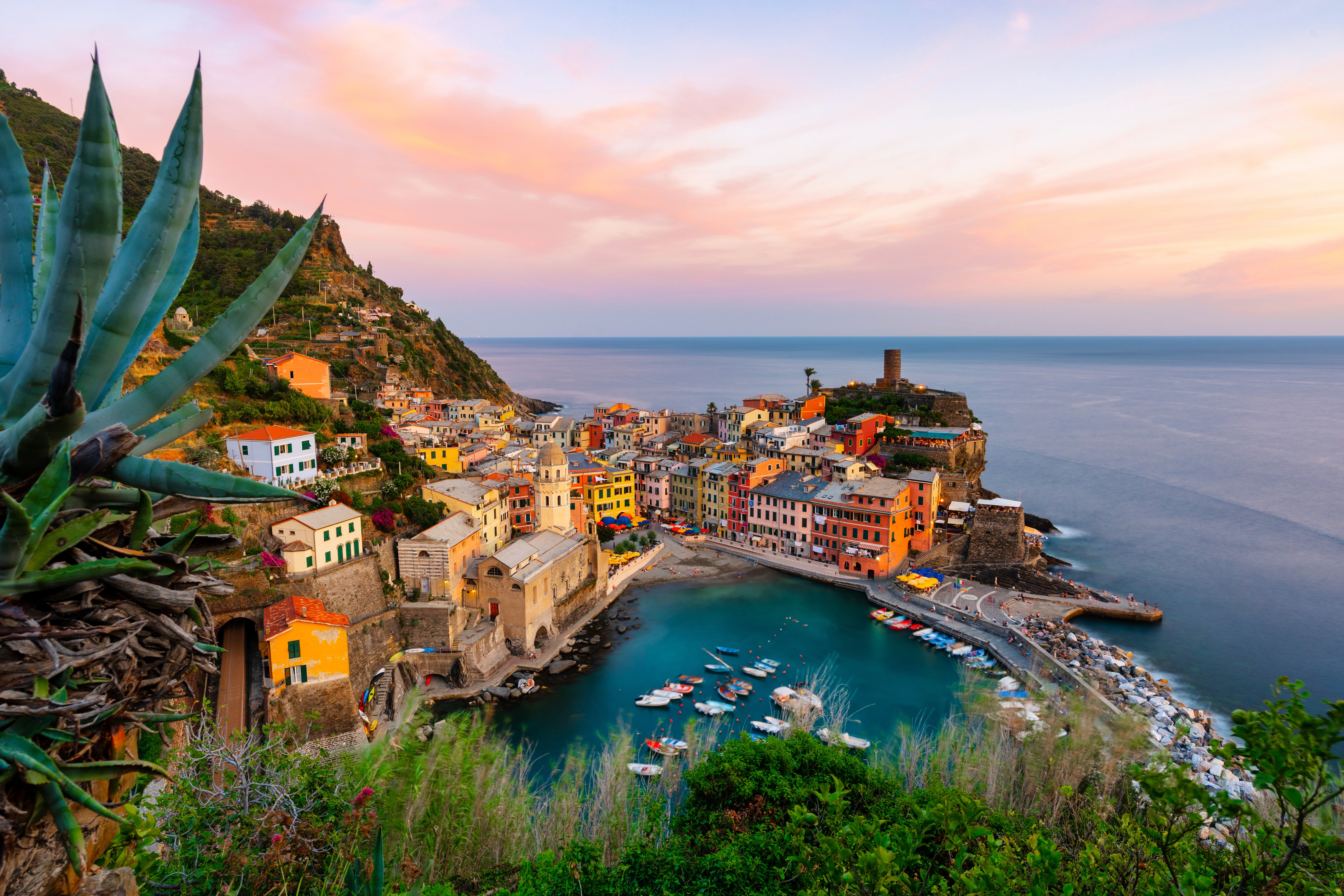
Booking.com customers continue to report being caught off guard by apparently convincing emails or messages via the app from hotels asking them to verify their payment details or lose the reservation. Booking.com strenuously insists its own systems haven’t been compromised and says it would never ask customers to share sensitive information like credit card details via email or on the phone, or ask for payment that’s different from the original reservation conditions (which can be found on the booking confirmation). Its advice to customers is that if they receive a message they’re unsure about, they should contact the company’s customer service team. The alternative is to use Booking.com as a search engine and book with the hotel directly.
• How to ensure a stress-free holiday
• Can I get compensation for lost luggage?
Advertisement
4. Bogus service fees
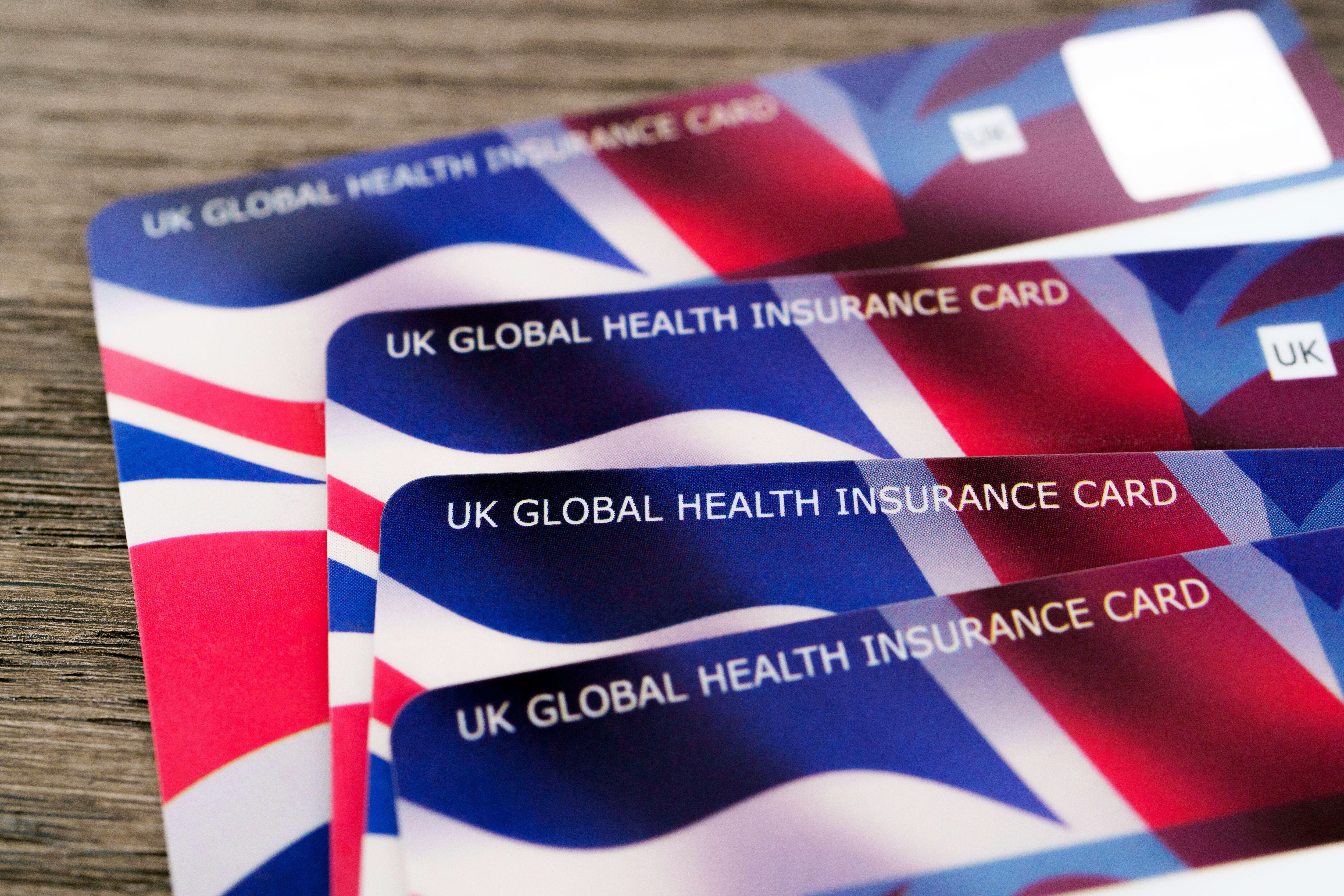
A long-running and highly lucrative scam persuades travellers to pay completely unnecessary “service fees” to get visas or health insurance cards. Copycat sites sprang up to fleece unsuspecting travellers applying for visa waiver schemes to enter the US and Canada, and there’s no doubt the launch of the Etias European travel authorisation next year will see sites offering to “smooth” the application process in return for cash. (An Etias will cost €7 and it’s free for those under 18 or over 70 ). Similarly, the Global Health Insurance Card, which replaces the European Health Insurance Card, is free and should only be obtained from the official NHS site: services.nhsbsa.nhs.uk.
5. Airport valet parking
The rising cost of airport parking means many travellers are looking for cheaper alternatives and it’s all too easy to be sucked in by bargain valet parking deals promising a secure spot for your car while you’re away. But rogue operators will use unmanned fields and drivers can return to find their cars filthy, damaged or with added mileage — and even get parking fines that they couldn’t possibly have incurred themselves. Avoid the trauma by looking out for official accreditation (such as Park Mark), positive reviews, full contact details on the firm’s website — definitely not just a mobile number — and a Companies House number.
6. Fake customer services on social media

If something goes wrong with a flight, one of the best ways to get an airline’s attention is via social media, rather than waiting on hold for an agent or standing in a queue at the airport. But scammers are waiting to pounce, using fake customer service accounts to deceive and defraud travellers looking for compensation for cancellations or lost bags. So always verify any account you’re sharing information with: an easy way to check if it’s dodgy is to see how many followers it has. Similarly, only contact airlines and booking sites by using their official phone numbers, which may not be the ones thrown up by a quick Google search.
7. International Driving Permits in the EU

Booking car rental should be a stress-free purchase but, in Spain in particular, car hire companies are coming up with ever more ingenious ways to part customers from their cash. The latest ruse is to insist all non-EU driving licence holders have an International Driving Permit (IDP) to rent a car — but an exception will be made if you agree to buy the company’s expensive excess insurance. In fact, you don’t need an IDP to drive in the EU, Switzerland, Iceland or Liechtenstein. The easiest way to avoid being ripped off is to book through a reputable broker.
Sign up to the Times Travel newsletter for weekly inspiration, advice and deals here.

